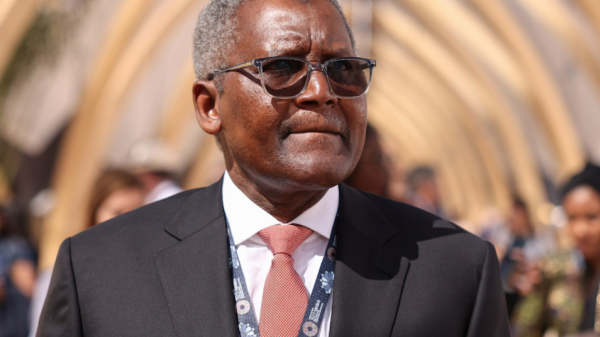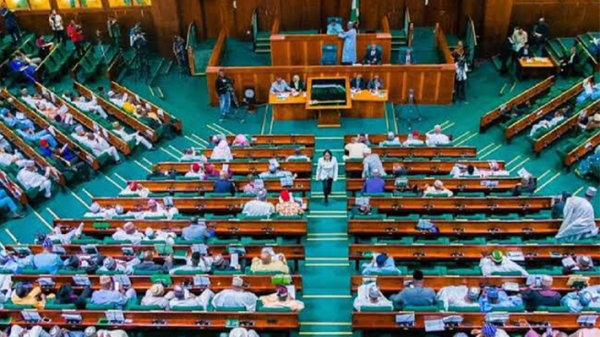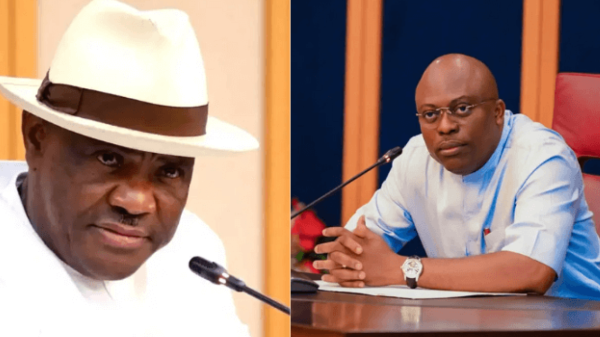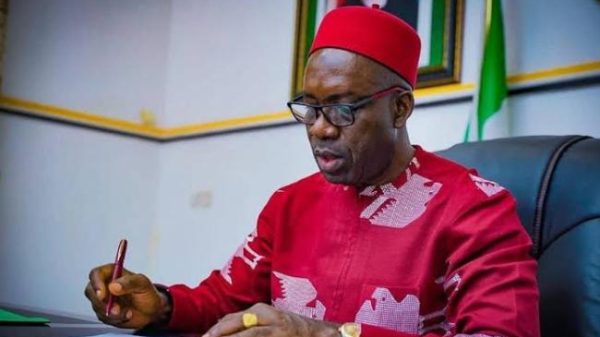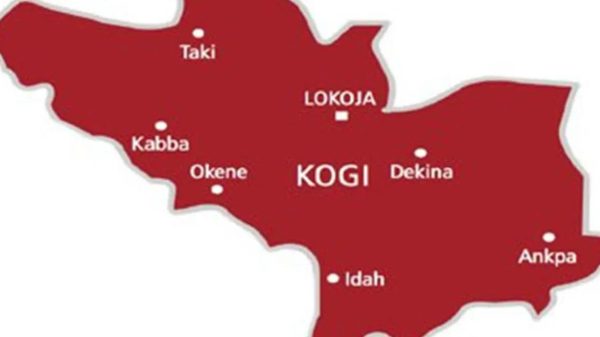In a significant political shift, five members of Nigeria’s House of Representatives have defected from the Labour Party to the ruling All Progressives Congress (APC). The announcement was made during a session of the Green Chamber, where Speaker Tajudeen Abbas read their letters of defection.
The defecting lawmakers are:
– Tochukwu Okere (Imo State)
– Donatus Mathew (Kaduna State)
– Bassey Akiba (Cross River State)
– Iyawe Esosa (Edo State)
– Daulyop Fom (Plateau State)
One of the defectors attributed the decision to “personal convictions,” adding that the move aligns with the expectations of some constituents. “You cannot just work on the decision of the people at the constituency level because you are dealing with people with different levels of understanding,” the lawmaker stated.
He further explained, “I am taking this decision based on conviction. That is why, whether you like it or not, there are people within the constituency who are convinced that it is the right decision for them. There are those who are skeptical, waiting for the outcome.”
While the reason for the defection remains unclear, speculation is rife that internal crises within the Labour Party may have played a role.
The Labour Party gained significant traction during the 2023 general elections, securing unexpected victories across the country. However, this recent defection raises questions about the party’s stability and its ability to retain its influence ahead of future elections.
The defection highlights the ongoing fluidity in Nigerian political alignments. The APC, already the ruling party, is expected to leverage the defections to consolidate its position in the National Assembly.
Observers have noted that such defections are not uncommon in Nigeria, where political loyalty often shifts based on personal or regional interests rather than party ideologies.
As the political landscape evolves, it remains to be seen how the Labour Party will address these challenges and retain its influence in subsequent elections.




















